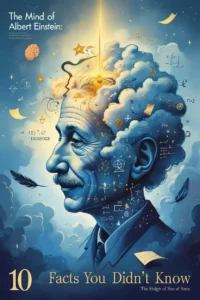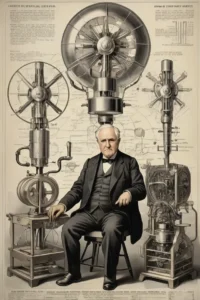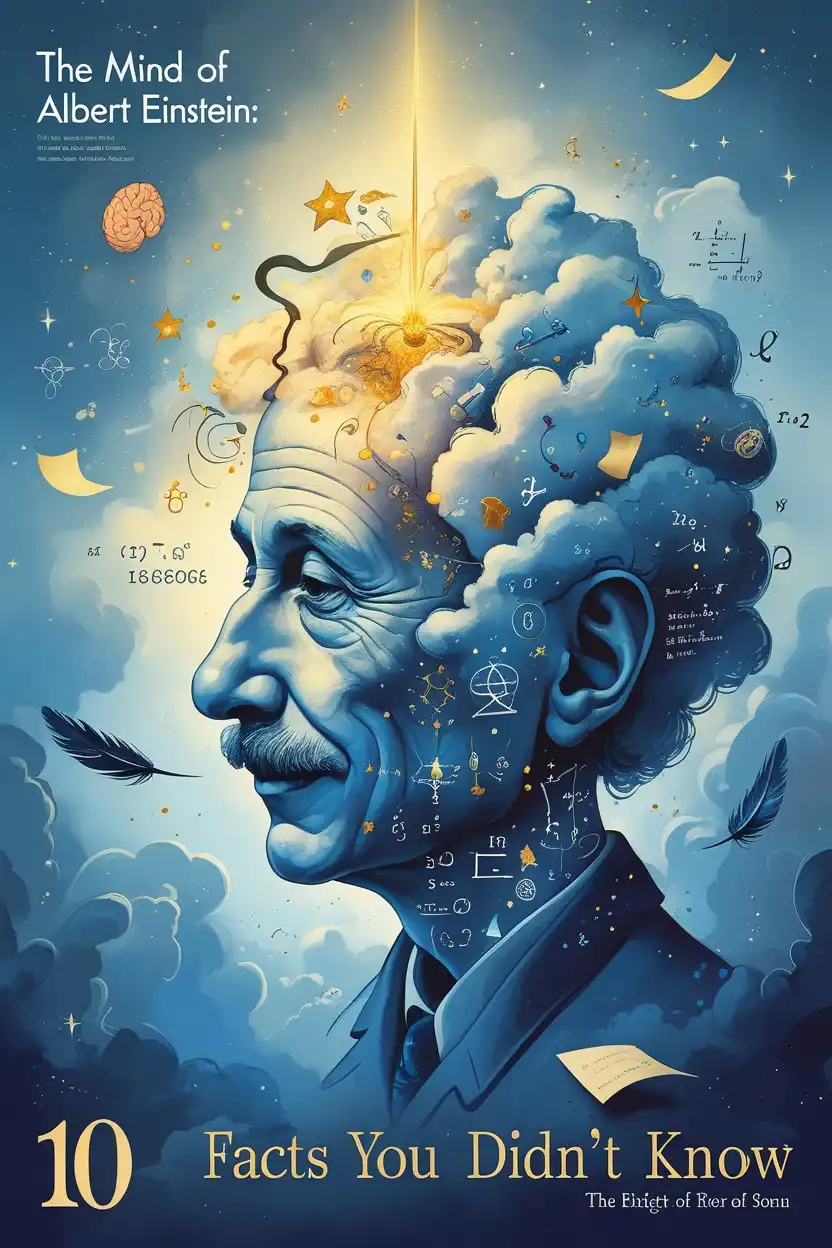Fiction has been an integral part of human culture for centuries, from ancient myths and folklore to modern novels, movies, and TV series. But why do we, as humans, feel such a strong connection to imaginary characters who exist only in the realms of storytelling? What is it about fiction that makes us laugh, cry, and even feel genuine love or loss for characters that are not real? The psychology of fiction offers fascinating insights into this phenomenon, revealing how and why we form emotional bonds with fictional worlds and their inhabitants.
Why Fiction Resonates With Us
At its core, fiction is a mirror reflecting the human experience. Stories allow us to explore emotions, relationships, and scenarios that we may or may not encounter in real life. They provide a safe space to process complex feelings, gain new perspectives, and even escape reality for a while.
One reason fiction resonates so deeply is its ability to tap into universal themes. Love, loss, hope, fear—these are emotions that transcend cultures and time periods. When we see characters grappling with these feelings, we can’t help but empathize with them because they remind us of our own experiences.
Moreover, fiction often mirrors our own struggles and triumphs. A character overcoming adversity can inspire us to face our own challenges, while a tragic storyline can validate our feelings of grief or sadness. This emotional resonance makes fiction not just entertainment but a powerful tool for self-reflection and growth.
The Role of Empathy in Connecting With Characters
One of the most significant psychological mechanisms behind our attachment to fictional characters is empathy. Empathy allows us to put ourselves in someone else’s shoes, even if that “someone” is a fictional creation. When we read a book or watch a movie, we’re not just passive observers—we actively imagine what it feels like to be the characters.
Authors and creators often craft characters with relatable traits, flaws, and emotions that make it easy for us to empathize with them. For example, a shy protagonist struggling to find their voice may resonate with anyone who has ever felt overlooked or underestimated. This sense of shared experience fosters a deep emotional connection between the audience and the character.
Interestingly, research has shown that the brain processes fictional experiences similarly to real-life ones. When we see a character experiencing joy or pain, the same neural pathways that activate during real-life empathy light up in our brains. This explains why we can feel genuine happiness for a character’s success or shed tears over their heartbreak.
Parasocial Relationships: Friendships With Fictional Characters
Have you ever felt like a fictional character was your best friend or soulmate? If so, you’re not alone. This phenomenon is known as a parasocial relationship—a one-sided emotional bond with someone who doesn’t know you exist (such as a fictional character or a celebrity).
Parasocial relationships are surprisingly common and can be incredibly meaningful. They often provide comfort, companionship, and even guidance during difficult times. For instance, a character who overcomes anxiety might inspire someone struggling with similar issues to seek help or persevere.
These relationships can also fill social gaps in our lives. If someone feels isolated or lonely, forming a bond with a fictional character can offer a sense of connection and belonging. While these relationships are not a substitute for real-life connections, they can still play a valuable role in our emotional well-being.
Escaping Reality: The Comfort of Fictional Worlds
Another reason we connect so deeply with fiction is its ability to transport us to other worlds. Whether it’s the magical realm of Harry Potter or the dystopian future of The Hunger Games, fictional settings allow us to escape the stresses and monotony of everyday life.
This escapism isn’t just about avoiding reality—it’s also about exploring possibilities. Fictional worlds let us imagine what life could be like in different circumstances, from living in outer space to navigating a zombie apocalypse. These imaginative journeys can be both thrilling and therapeutic, offering a break from routine while stimulating creativity and curiosity.
Furthermore, immersing ourselves in fictional worlds can have real-world benefits. Studies have shown that engaging with fiction can reduce stress, improve mood, and even enhance cognitive skills like empathy and problem-solving. So the next time you lose yourself in a good book or binge-watch your favorite series, remember that it’s not just entertainment—it’s self-care.
FAQs About The Psychology of Fiction
1. Why do we cry over fictional characters?
Crying over fictional characters is a natural response to empathy. When we connect with a character’s emotions or experiences, our brain processes their pain as if it were real. This emotional investment makes their struggles and triumphs feel personal to us.
2. Can connecting with fictional characters improve mental health?
Yes! Bonding with fictional characters can provide comfort, inspiration, and even a sense of companionship during tough times. Engaging with fiction has also been shown to reduce stress and improve emotional resilience.
3. Is it normal to feel closer to fictional characters than real people?
While it’s important to maintain real-life relationships, feeling close to fictional characters is perfectly normal and common. These bonds often reflect our need for connection and can complement our social lives rather than replace them.
4. Why do some people connect more deeply with fiction than others?
Individual differences in personality, imagination, and emotional sensitivity can influence how deeply someone connects with fiction. For example, highly empathetic individuals may find it easier to form emotional bonds with fictional characters.
5. Can fiction teach us life lessons?
Absolutely! Fiction often explores themes like morality, resilience, and relationships, offering valuable insights into human behavior and decision-making. Many people find inspiration and guidance in the stories they love.
Conclusion
The psychology of fiction reveals just how powerful storytelling can be in shaping our emotions, perspectives, and connections. Whether it’s through empathy, escapism, or parasocial relationships, our bonds with imaginary characters are deeply rooted in our humanity. So the next time you find yourself laughing at a sitcom character’s antics or tearing up over a hero’s sacrifice, remember—it’s not just entertainment; it’s a testament to the incredible power of stories to touch our hearts and minds.





